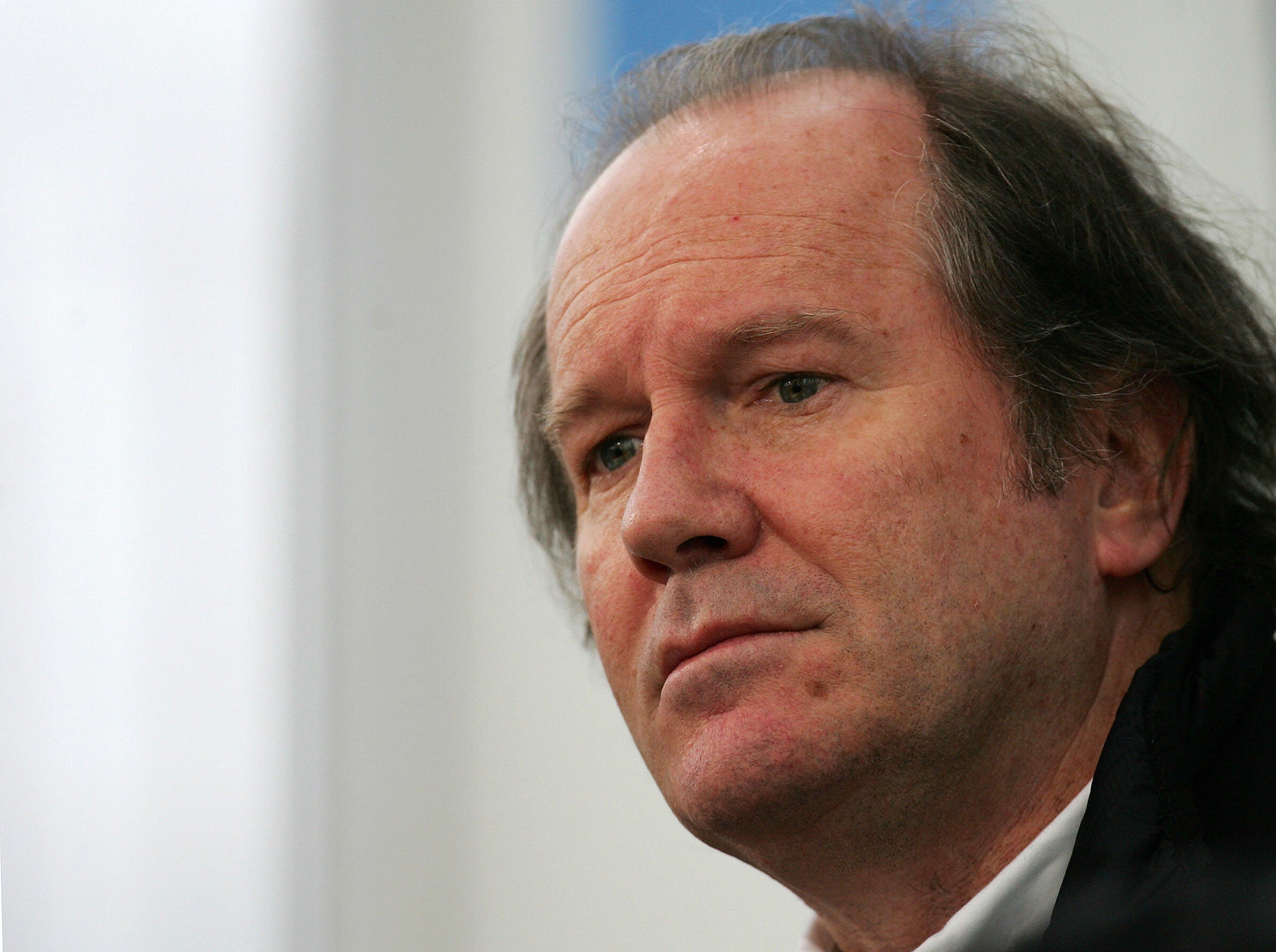William Boyd: From Chaplin to Chekhov
'Longing', a play based on two short stories, opens next year, the writer tells Susie Mesure

He famously hoaxed the art world with his fictitious creation Nat Tate but when it comes to the theatrical sphere, William Boyd hopes the only dissembling will be done by the actors in his new play.
More than three decades after the acclaimed novelist published his first book, Boyd is embarking on a new career as a playwright. Longing, based on two short stories by the Russian writer Anton Chekhov, will open next March at Hampstead Theatre, north London. Critics said the move was a bold step for an established author because many novelists can flounder on the stage. Plays by Henry James, PG Wodehouse, Graham Greene, and F Scott Fitzgerald were all notorious flops.
Although Boyd, 60, is an established screenwriter, and has a number of feature films and television productions under his belt, including The Trench, Chaplin, and Any Human Heart, Longing marks his first attempt to break into the theatrical world.
"I feel like a new boy on his first day at school. I know lots of playwrights, lots of directors, and lots of actors, but to actually have a play on is extraordinary and very exciting," Boyd said yesterday. "It reminds me of my first novel coming out, so it's all new and a feeling of 'what will the future bring?'." He said he was already plotting his next play.
Nina Raine, who had success last year at the Hampstead Theatre with her play, Tiger Country, and will direct Longing, said: "Will's script is amazing. When I read it, I thought, 'We have another Chekhov play here.' The characters are beautifully drawn and it flows very naturally."
Chekhov is best known in Britain for his dramas, which include The Seagull, Uncle Vanya, and Three Sisters, but in his native Russia his literary fame hangs on his short stories.
Boyd said he was a "Chekhov obsessive," adding: "It's his stories that I particularly love. I think he is one of those step changes, those paradigm shifts in literature that certain writers produce. In the 1890s, Chekhov utterly transformed the short story to such an extent you could say we're all Chekhovian writers."
The Russian author, who wrote about ordinary events and people's relationships in small towns and villages, is known for his impressionistic style. In a letter sent to his brother, Alexander, in 1886, he outlined the six principles of a good story: "An absence of lengthy verbiage of a political-social-economic nature; total objectivity; truthful descriptions of persons and objects; extreme brevity; audacity and originality; and compassion."
Boyd's first novel, A Good Man in Africa, was published in 1981, and his most recent, Waiting for Sunrise, came out this year. He is following in Sebastian Faulks's footsteps with a new James Bond novel, due out next autumn. Longing opens on Boyd's birthday, 7 March. "I'm hoping that's a good omen," he added.
Mark Shenton, theatre critic for The Stage magazine, said it was "challenging" for fiction writers to turn playwrights, adding: "Whereas novelists provide an imaginary world that the reader colours in, theatre provides a much more literal, realistic landscape for them to work on in which their vision is then translated by many others."
Join our commenting forum
Join thought-provoking conversations, follow other Independent readers and see their replies
Comments
Bookmark popover
Removed from bookmarks